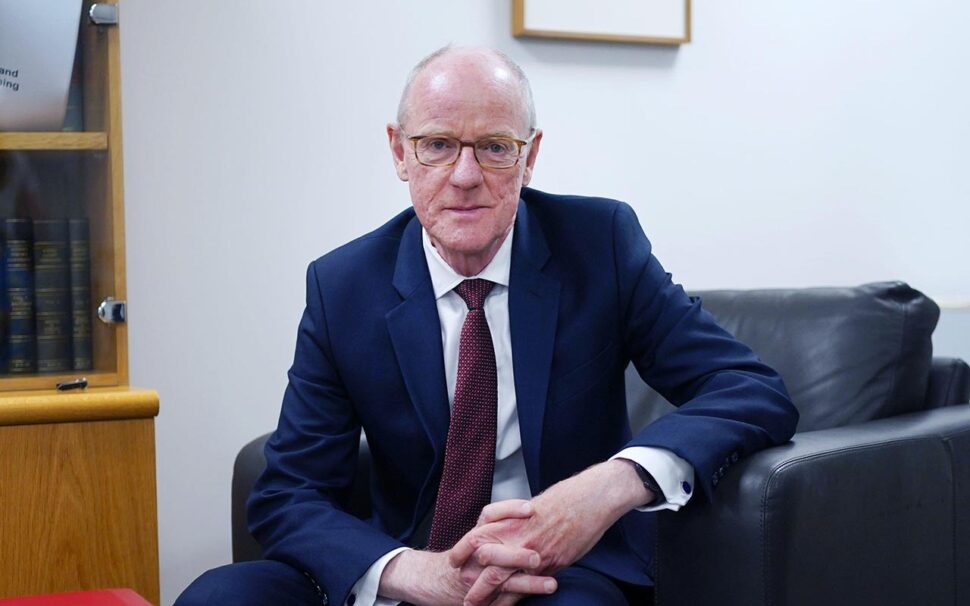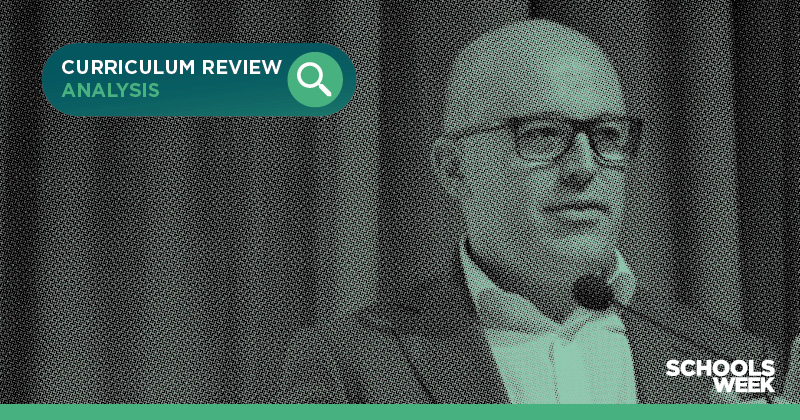School leaders have criticised claims that curriculum changes such as scrapping the EBacc are “dumbing down” schools, although some point to concerns that it could cause a dip in language take-up.
The Daily Mail’s front-page headline on the review declared “Labour dumbs down schools”, with shadow education secretary Laura Trott accusing ministers of “education vandalism”.
They singled out reforms such as scrapping the EBacc, a school accountability measure introduced by Michael Gove in 2010 encouraging pupils to take GCSE English, maths, science, a humanity and a language.
But Sir Jon Coles, chief executive of United Learning trust, said those arguing that the review was “dumbing down” or “woke” have “either not yet managed to read the report or are in need of support with their reading comprehension”.

He added that public service reform needs to be “rational, evidence-based action with a ‘continuous improvement’ mindset”, which governments don’t often do.
Sir Hamid Patel, chief executive at Star Academies, added that the review provided the oppose of “dumbing down”, saying: “It is a compelling road map to elevate our education system from good to great.”
The Francis review said the EBacc had “to some degree unnecessarily constrained students’ choices” and limited access to arts and vocational subjects.
‘A deeply retrograde step’
But ex-schools minister Nick Gibb called its removal a “deeply retrograde step” which would “weaken academic standards” and widen the attainment gap.
It would also lead to a “a precipitous decline in the study of foreign languages” with them “increasingly” only studied in private schools among “children of middle-class parents who can afford tutors”.
Since the EBacc’s introduction by the Coalition government in 2010, GCSE language take-up has risen from 40 per cent to 46 per cent, however it has plateaued in recent years.
However, the EBacc did halt a previous slide in languages take-up after the previous Labour government made them non-compulsory.
For French, German and Spanish, take-up rose from 43 per cent in 2009-10, to 44 per cent last academic year.

Education secretary Bridget Phillipson used these figures to claim the EBacc “did not have the outcome that was intended in improving languages take-up”.
She added a new “stepped” languages qualification would “provide a useful route” for more pupils to study GCSE languages.
But Suzannah Wharf, education director at Education South West, said a strategy to stem the reduction in MFL take-up would be “sensible”.
The government is also replacing the Key stage 2 grammar, punctuation and spelling test with an amended version.
It believed that some of the Gove reforms, such as fronted adverbials, often “lead to clutters and fussy sentences if not used properly”.
Gibb said the review was a “deeply underwhelming document, low on vision and a slide towards the ‘soft bigotry of low expectations’.”
Mouhssin Ismail, founding principal of Newham Collegiate, warned that the “ill-conceived reforms… threaten to drag England’s schools back 15 years”.








Your thoughts